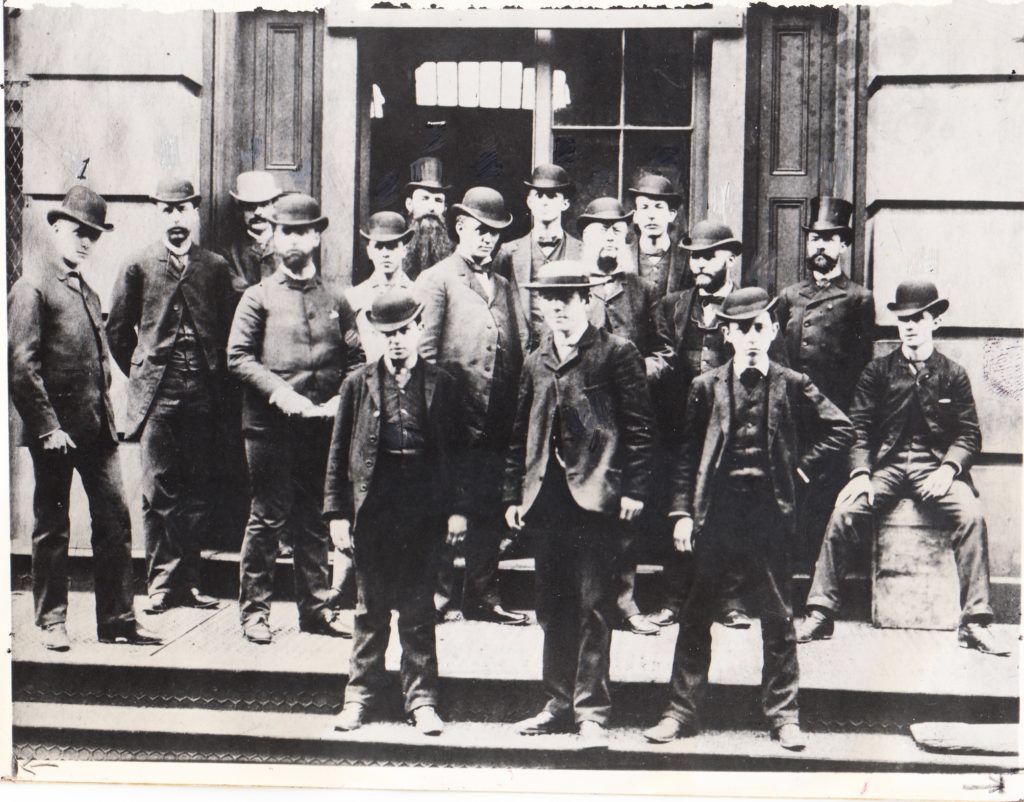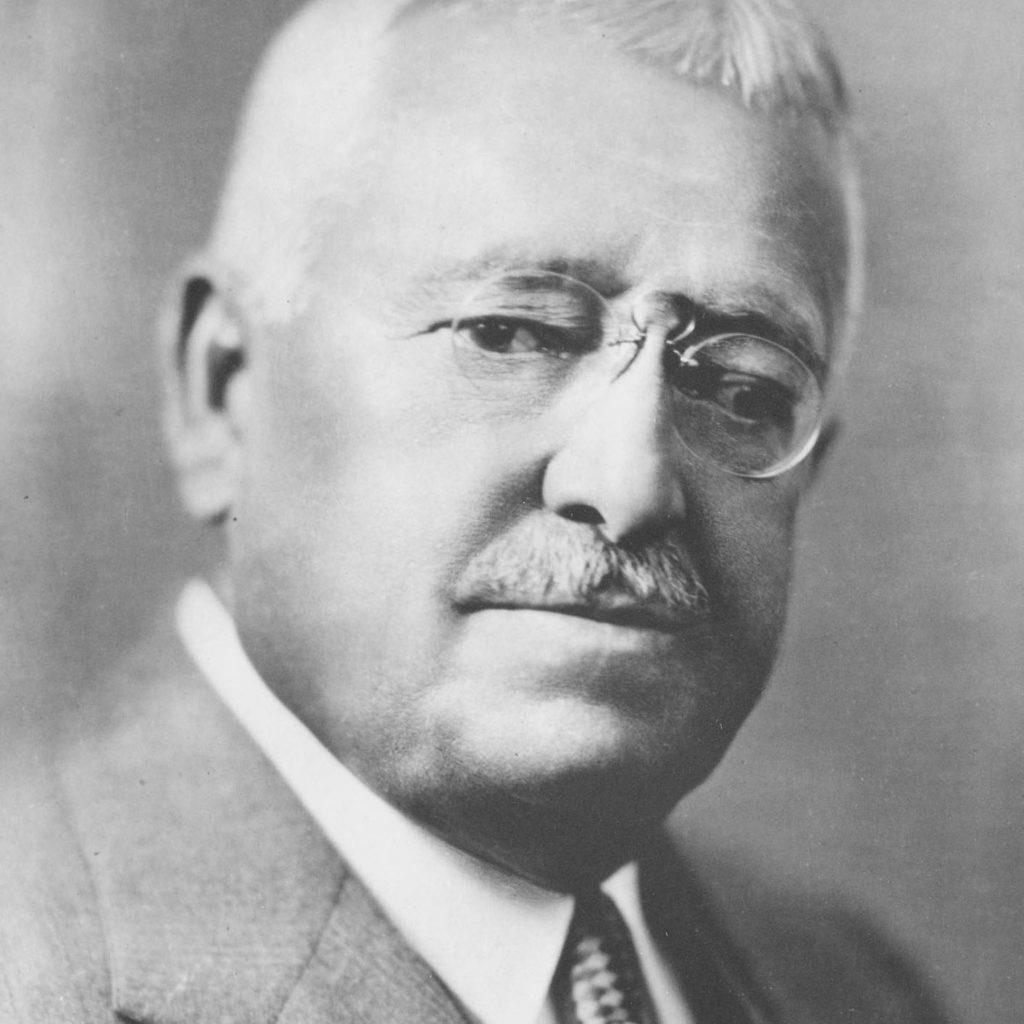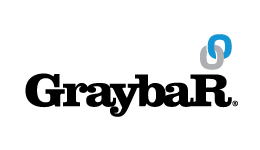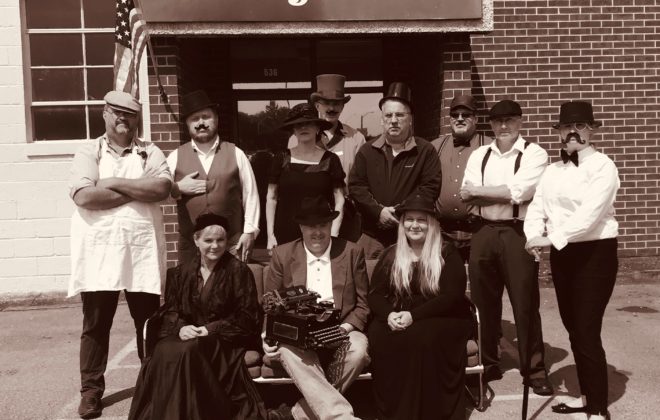1925: Worth His Salt
In ancient times, salt was vital to people’s survival, since it was the primary method of preserving food. Fast-forward to the 1920s, when salt was especially important for Graybar. Not for preservation, or even for sprinkling on hamburgers and corn on the cob. No, this salt was affectionately known as “Uncle Albert.”
Albert Salt was an American success story. He started at Western Electric in 1881 at the age of 14 and rose through the ranks to become Graybar’s first president. He was also a one-man publicity machine. Graybar Electric Company began operations on December 11, 1925. Before long, Salt made it a household name.

“Uncle Albert” was everywhere. He gave speeches. He gave newspaper interviews. He wrote an article on the future of the telephone industry, plugging Graybar and its role in distributing telephone equipment.
Well before the age of television, and barely into the radio era, Salt spent $1 million in one year, mainly on magazine and newspaper advertising. Graybar household appliances appeared on the pages of The Saturday Evening Post and in other prominent publications.
Salt even turned a botched Graybar logo into a publicity gold mine by admitting the mistake, resulting in dozens of articles and mentions of the company name.
He oversaw marketing gimmicks, such as a joke-telling contest at a New York theater, to demonstrate Western Electric’s new audiometer. (The jokes were corny, but the audience howled.) And Graybar staged a kissing contest featuring four showgirls in 1929 at Broadway’s Majestic Theater to showcase the sensitivity of a new electric stethoscope.

Salt’s number one coup, though, was getting the Graybar name on what was then the biggest office building in the world. He signed a 19-year lease for just a portion of one floor as the Midtown Manhattan structure was being built, and got naming rights as part of the deal. His bold move gave prestige and glamour to the Graybar name and generated national publicity. The building and its name are still in place.
Graybar’s efforts today are more business-to-business than Salt’s were. Marketing efforts target major cities, website visitors, and valued customers. But it all really began with “Uncle Albert.” So was he worth his salt? Undoubtedly.



